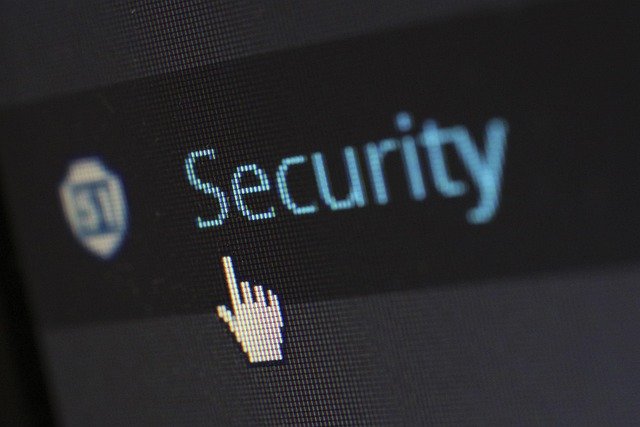Exploring Cybersecurity Degrees: Learning Options and What to Expect
Cybersecurity is a growing field with various learning paths and opportunities. Many explore degrees or training programs that focus on practical skills, while others look for paid or free courses to start their journey. Learn what options exist and how people approach cybersecurity education. Learn more inside.

What are the types of cybersecurity degree programs available?
Cybersecurity degree programs come in various forms, catering to different educational levels and career goals. At the undergraduate level, students can pursue a Bachelor of Science in Cybersecurity or related fields such as Information Technology with a cybersecurity concentration. These programs typically provide a solid foundation in computer science, networking, and security principles.
For those seeking advanced knowledge, master’s degree programs in cybersecurity offer specialized courses in areas like cryptography, network security, and digital forensics. Some universities also offer doctoral programs for individuals interested in research or academic careers in cybersecurity.
How do paid cybersecurity training programs in the US differ from degrees?
While degree programs offer comprehensive education, paid cybersecurity training programs in the US often focus on specific skills or certifications. These programs are typically shorter in duration and designed for working professionals looking to enhance their expertise or transition into the cybersecurity field.
Many paid training programs are offered by industry-recognized organizations and prepare participants for certifications such as CompTIA Security+, Certified Information Systems Security Professional (CISSP), or Certified Ethical Hacker (CEH). These programs often include hands-on labs, real-world scenarios, and exam preparation materials.
Are there free cybersecurity courses available for beginners?
Yes, numerous free cybersecurity courses are available for beginners looking to explore the field or gain introductory knowledge. Many reputable universities and organizations offer Massive Open Online Courses (MOOCs) on platforms like Coursera, edX, and FutureLearn. These courses cover topics such as cybersecurity basics, network security, and information security management.
Additionally, government agencies like the U.S. Department of Homeland Security and the National Initiative for Cybersecurity Careers and Studies (NICCS) provide free online training resources and courses for individuals interested in cybersecurity.
What can I expect from online cyber security classes?
Online cyber security classes offer flexibility and convenience for learners who may have work or personal commitments. These classes typically include a mix of video lectures, readings, quizzes, and practical assignments. Students can expect to learn about topics such as:
-
Fundamentals of computer networks and security
-
Cryptography and encryption techniques
-
Ethical hacking and penetration testing
-
Security policies and risk management
-
Incident response and digital forensics
Many online programs also incorporate virtual labs or simulations to provide hands-on experience with security tools and techniques.
How effective is remote cybersecurity training compared to in-person options?
Remote cybersecurity training has become increasingly popular, especially in the wake of global events that have shifted many educational experiences online. While some may question the effectiveness of remote training compared to in-person options, many programs have successfully adapted to provide comprehensive and engaging learning experiences.
Remote training often utilizes cutting-edge technologies such as virtual machines, cloud-based labs, and collaborative tools to simulate real-world cybersecurity scenarios. This approach allows students to gain practical skills and experience working with security tools and techniques from anywhere in the world.
What are the costs associated with different cybersecurity learning options?
The cost of cybersecurity education can vary significantly depending on the type of program and institution. Here’s a comparison of different learning options and their estimated costs:
| Learning Option | Provider | Cost Estimation |
|---|---|---|
| Bachelor’s Degree | Public University | $30,000 - $100,000 (total) |
| Master’s Degree | Private University | $20,000 - $70,000 (total) |
| Bootcamp | Cybersecurity Academy | $10,000 - $20,000 (12-24 weeks) |
| Certification Course | CompTIA | $349 - $499 (per exam) |
| Online Course | Coursera | $39 - $79 (per month) |
| Free MOOC | edX | $0 (audit track) |
Prices, rates, or cost estimates mentioned in this article are based on the latest available information but may change over time. Independent research is advised before making financial decisions.
In conclusion, the field of cybersecurity offers a wide range of educational opportunities to suit various needs and career goals. From traditional degree programs to flexible online courses and specialized certifications, aspiring cybersecurity professionals have numerous options to gain the knowledge and skills needed to succeed in this rapidly evolving field. By carefully considering factors such as cost, time commitment, and career objectives, individuals can choose the learning path that best aligns with their personal and professional aspirations in the world of cybersecurity.




